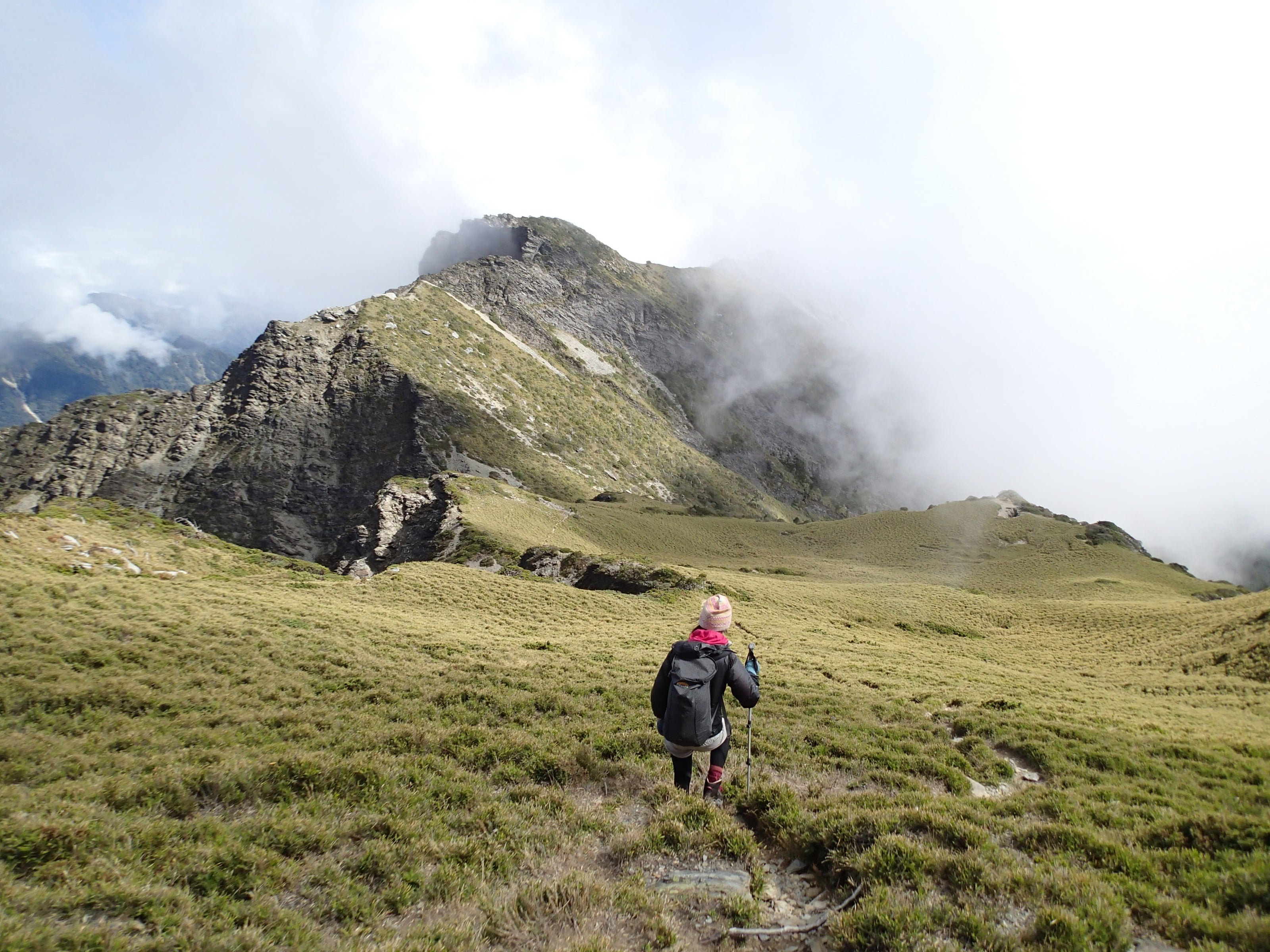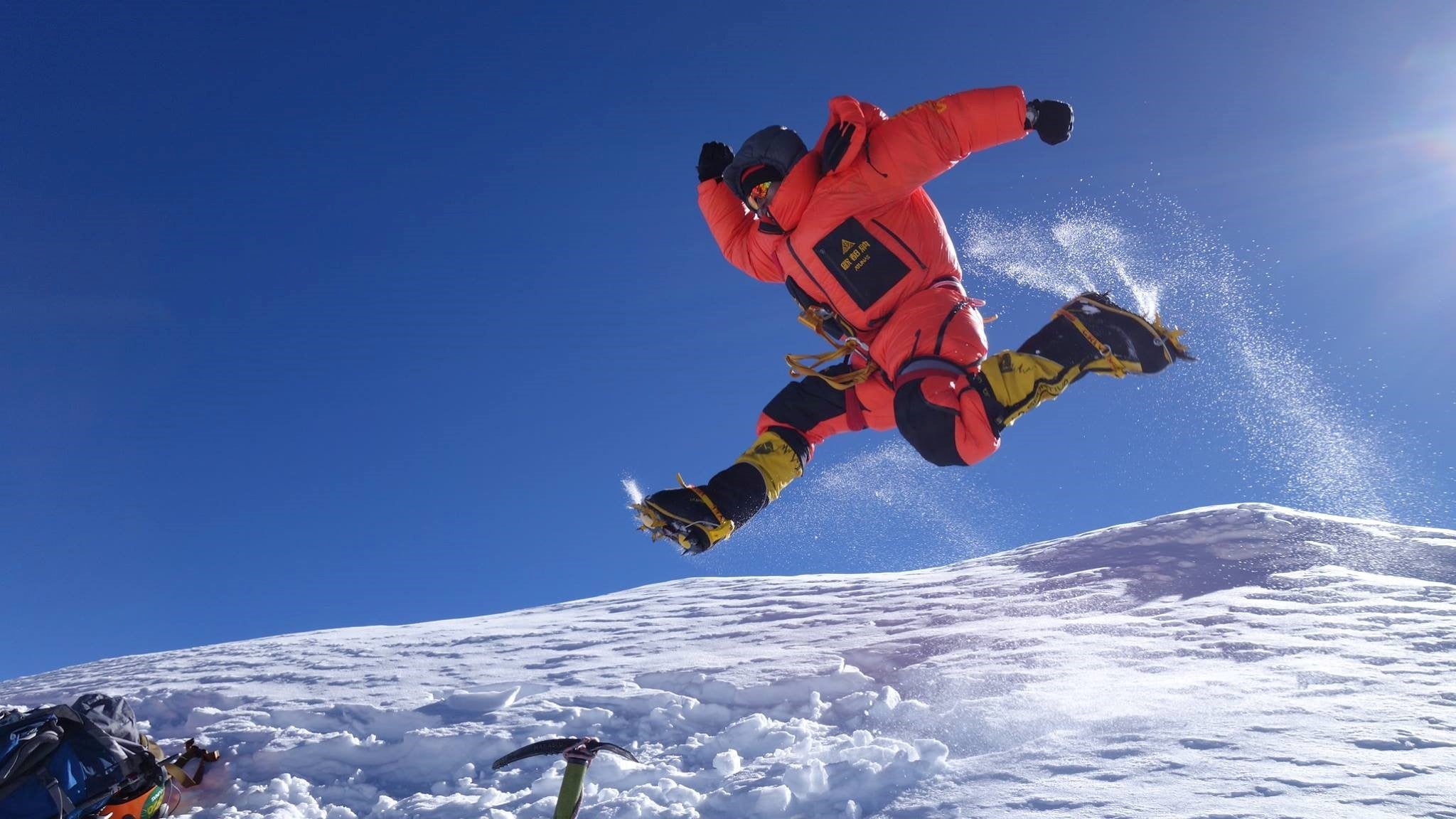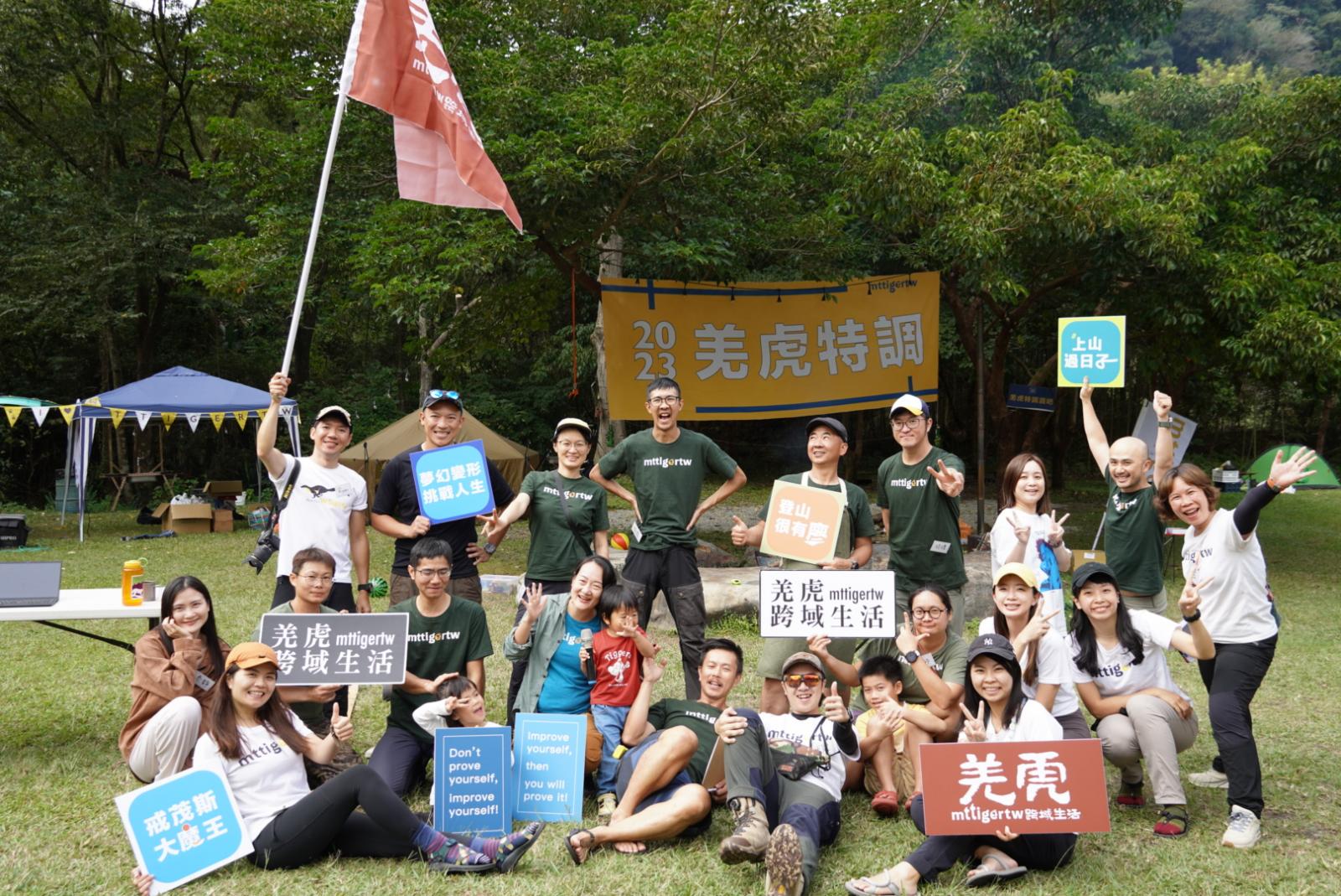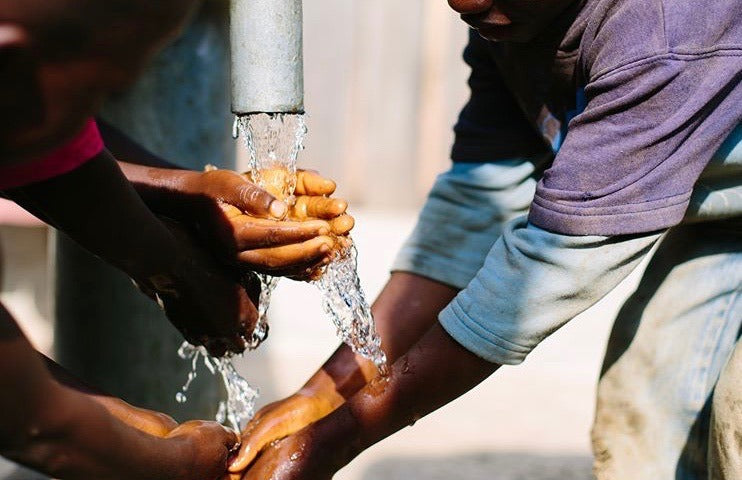Tent material | Analysis of three tent fabrics: differences and evaluations of polyester fiber, technical cotton TC, and nylon

- Polyester fiber (Polyester)
Features:
- UV resistance: Polyester fiber has strong resistance to UV rays, so it is suitable for use in environments with strong sunlight.
- Waterproofness: Polyester fiber itself has certain waterproof properties. The fiber itself does not absorb water, but it usually requires further coating treatment (such as PU coating) to enhance its waterproofness.
- Weight: Although not as light as nylon, it is still light enough and not burdensome to the user.
- Stretchability: The fabric has low elasticity and can maintain a better shape after erection.
- Price: Generally more economical and affordable.
evaluate:
Polyester tents are the first choice for most campers because the material is affordable. Its durability and UV protection make it suitable for use in a variety of climate conditions, providing good protection even in the summer when the sun is strong. For users who frequent camping and need a multi-purpose tent, polyester fiber is a very cost-effective choice. Due to the wide application of polyester fiber tents, it is also one of the materials used in most camping tents on the market.
Recommended brand ZANE ARTS

- Technical cotton, TC cotton (Technical Cotton)
Features:
- Breathability: Technical cotton is a blend of natural cotton and synthetic fibers. It has good air permeability and can effectively reduce the phenomenon of moisture in the tent.
- Comfort: The internal environment is comfortable. Because the fabric is thicker, it has better light-shielding and heat-insulating effects, making it suitable for Taiwanese camping habits.
- Waterproofing: The fabric itself will partially absorb water. Usually, the shape design of the tent is used to enhance the drainage efficiency and the water-repellent surface is used to increase its waterproofing.
- Weight: Relatively heavy, not suitable for light camping or backpacking, and the burden of bill collection will be greater when it rains.
- Durability: Very durable and suitable for long-term use, but requires more care and maintenance.
evaluate:
Technical cotton tents are excellent in comfort and breathability, especially suitable for campers who live in the wild for long periods of time. This material can effectively reduce moisture in the tent, making the interior of the tent drier and more comfortable. While it's heavier and requires more care and attention, technical cotton makes up for this with its durability, making it ideal for long-term use. Technical cotton tents are an ideal choice for those campers looking for high comfort and stability of the internal environment, especially in dry climates.
Recommended brand ZANE ARTS

- Nylon
Features:
- Weight: Very light, the first choice material for lightweight tents.
- Strength: Has high tensile strength and is suitable for withstanding wind, rain and harsh weather.
- Waterproof: Nylon fabric can achieve high waterproof performance after being coated (such as silicone coating or PU coating), and the silicone coating can enhance the tear resistance of the fabric.
- Stretchability: Slightly elastic, it will stretch slightly in humid environment, but the fabric will be stiffer when dry.
- Durability: Very durable, HILLEBERG tents have even been used for over 20 years .
evaluate:
Nylon tents are still the first choice for outdoor sports enthusiasts even though they are more expensive due to their lightness and high strength. Whether you're backpacking or doing extreme sports, a nylon tent can provide the necessary protection without adding too much weight. Its excellent waterproof performance and weather resistance are enough to cope with changing weather conditions. Nylon tents are undoubtedly an excellent choice for those who need to move frequently and who value lightweight equipment. However, care needs to be taken to avoid excessive friction with the ground during use to extend the service life of the tent.
Recommended brand HILLEBERG




